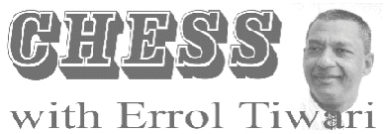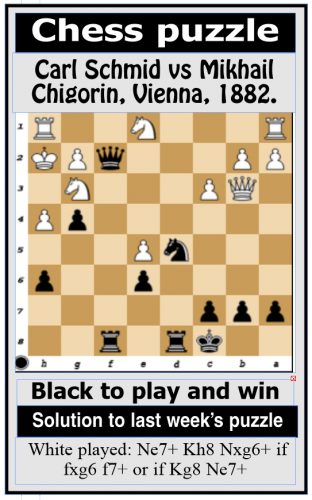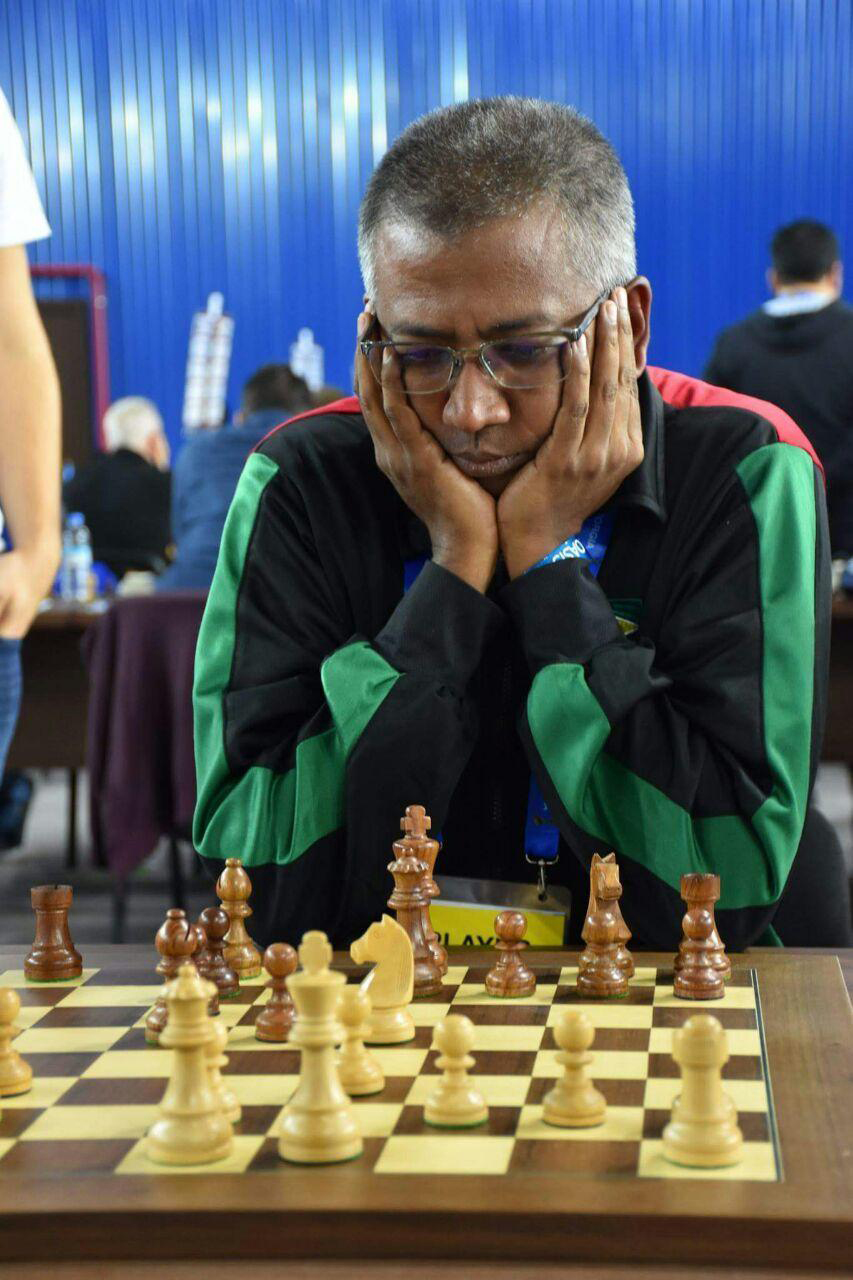
An ambitious chess project is being considered for increasing the number of schools which play the cerebral game. The Guyana Chess Federation (GCF) wants to have more children involved in chess. The architect of the project is Loris Nathoo, who served recently as team captain of Guyana for the online 2020 FIDE Chess Olympiad.
Nathoo feels, strongly, that for chess to make a desired impact, “we have to grow the game”. He explained: “The GCF is looking at the involvement of a sizable number of schools from every region. Growing the game to the four corners of Guyana would give us some golden opportunities of creating champions. The idea is not a novel one. But we have a plan.”

In 1975, the Caribbean Championship was held at the Pegasus Hotel in Georgetown. This time Cuba was included. International Master Guillermo Estevez played Board One for Cuba. He was the only contestant who defeated Broomes. I subsequently learnt Estevez had just returned from a tournament in the Soviet Union and Anatoly Karpov was one of his opponents. Broomes played Black against Estevez. The game went into two adjournments. Broomes played the Evan’s Gambit. After the adjournments, the Cubans and Guyanese went into analysis mode. Guyana analyzed the entire night and could not find a win for Guyana. It was not there. Broomes resigned the following morning.
Broomes was the terror of the Guyanese circuit. Player after player fell before him. Tournament after tournament was captured by him. He was merciless in his attacks. Those who defeated Broomes can be counted on the fingers of one hand. The only players today whom I feel would have given him a losing fight to the finish are Wendell Meusa and Loris Nathoo, because of their individual styles: Meusa for his counter attacks and Nathoo for his careful and steadfast play. I have faced them all, Barker, Broomes, Meusa and Nathoo, so I should know.
Nathoo is yearning to find the likes of another Maurice Broomes on the Guyana circuit. I am confident there will be other chess virtuosos whenever the GCF is able to “grow” the game.






